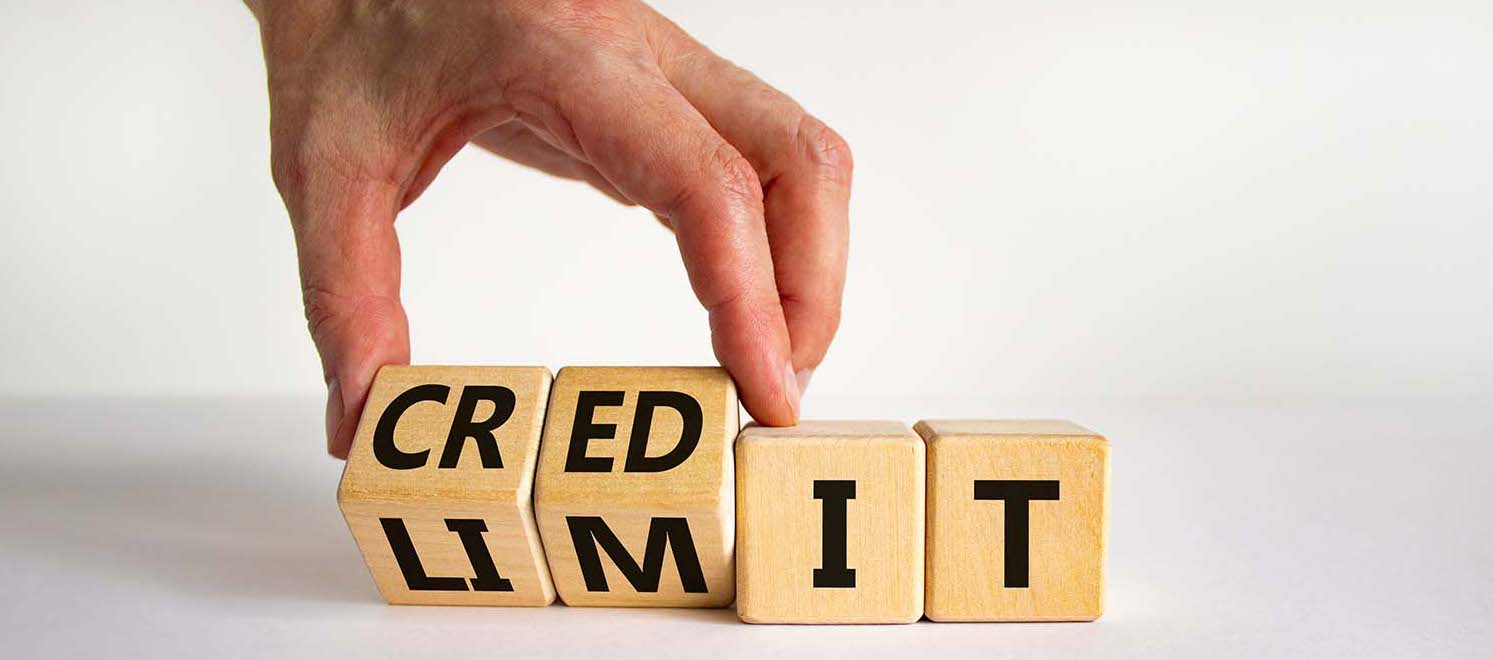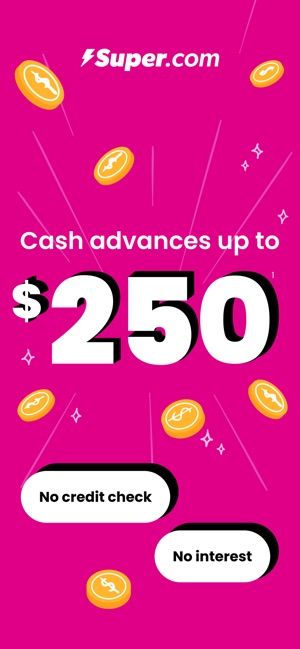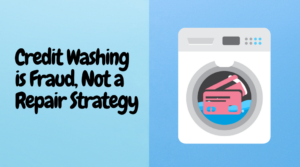Credit gives you the ability to make purchases with the promise that the money will be repaid later; credit is not money you currently have ⏤ it’s money you’ll owe in the future.
There are three main types of credit: installment credit, revolving credit, and open credit. Credit cards are a type of revolving credit that allows you to borrow money up to a certain amount, which is your credit limit.
What is a credit line?
A credit line is the maximum amount of money you can borrow for purchases on a credit card account or a line of credit. A credit line is also known as “credit limit.”
How is a credit limit determined?
The bank or credit card issuer determines credit limits. Banks want your credit limit to be high enough to encourage you to use the card, but low enough that you won’t spend more than you can pay back. Here are some factors that determine your credit limit:
- Credit score and history
- Income
- Debt as a percentage of income
- Limits on other credit cards
- Large expenses
- The current economic environment and the creditor’s business goals
The Card Act of 2009 requires banks to take your “ability to pay” into account, which is why credit card applications ask for your income.
How a credit limit affects your credit score?
The amount of a credit limit and how much of it has been borrowed is a large chunk of your credit score. Knowing your maximum credit limit does not mean it’s a good idea to reach it. How much you borrow is one of the five major factors in a credit score.
Low credit utilization — that is, a credit limit on which little has been borrowed — leads to a higher credit score.
To find the utilization rate of your credit card, divide your account balance by the account’s credit limit. For example, a credit card that has a $2,000 balance and $5,000 credit limit has a 40% utilization ratio. The higher credit scores tend to have the least utilization (amount of credit owed).
Lenders generally prefer that you use less than 30 percent of your credit limit.
What can you use a credit card for?
You can use credit cards as a form of financing when you need to make a large purchase or for daily transactions instead of using cash or a debit card. If you decide to make purchases on a credit card, consider how much you can afford to pay back each month. It’s not uncommon for people to borrow more than they can afford to pay back.
Credit card debt is approaching the all-time record set in the fourth quarter of 2019 when it hit $930 billion for Americans according to the latest data from the Federal Reserve Bank of New York released on Feb. 11.
Can you go over your credit limit?
Your bank may allow you to go over your credit limit on a case-by-case basis but you may be charged a fee. If there is a fee, you’ll first have to opt in due to the over-limit fee restrictions imposed by the Credit Card Accountability Responsibility and Disclosure (CARD) Act of 2009.
If you haven’t opted in, the bank may decline transactions that would lead your balance to go over your limit. When you’re allowed to go over your credit limit, you may have to repay the over-limit amount right away, or repay it plus your minimum payment in the next billing cycle.
Exceeding your credit limit may lead to a high utilization rate which can lower your credit scores. You can avoid this if you pay down your balance before the end of your statement period so your card issuer will report the lower balance to the credit bureaus.
What if the bank lowers your credit limit?
Banks can choose to lower your credit limit for any reason, without warning.
For example, the bank may lower your credit limit if:
- Your credit score drops
- You miss payments
- You take on more debt (including debts from other creditors)
- You infrequently use the account
- Your buying behavior changes
You might think that borrowing money is easy, but there are actually several things to keep in mind when you apply for a credit card. First, banks will ask you questions about your income and expenses so they can determine whether you qualify for a credit card.
To help prevent customer default, banks may also request proof of employment, tax returns, and other financial documents. With all of the backend requirements for a credit card approval, the bank continues to monitor your credit card habits as long as you are a customer.
Best practices to get a credit limit increase
The bank may increase your credit limit if they determine you can afford to take on more debt and you have a good history of paying your bills on time. Typically, you can request a higher credit limit or the bank may automatically increase your limit based on some of the following factors:
- Your credit score improves
- Your income increases (and you report the increase)
- You’ve used your existing credit wisely
- You consistently pay on time
- Your overall credit score improves
Why does a credit limit matter?
Your credit limit can affect your credit score if you’re using all or close to all of your limit. Unless you have a high limit credit card, it’s not a good idea to put a large purchase on your credit card if it takes you close to your limit. Having a good credit score can impact many areas of your life that require financing like:
- Getting a car loan
- Getting the best rate on a personal loan
- Getting a mortgage
- Starting a business
Alway make at least the minimum payment on your credit card to remain in good standing. The minimum payment represents a percentage of what you owe on the outstanding balance but it’s best if you pay more than the minimum. Only paying the minimum means you’ll be in debt for much longer. When you’re only making the minimum payment on your credit card balance each month, only a small percentage is applied to the card’s principal balance. The remainder of the minimum payment covers accrued interest and fees, for example:
- Paying the minimum of 1% plus interest each month on a credit card with a 21% interest rate and $4,000 balance will keep you in debt for 257 months.
- The amount paid in interest will be $6,374.64 with a total paid close to $10,000.
Pay as much as you can comfortably afford to get the balance down. This allows you to get out of debt faster and free up funds to meet other financial goals or place in a high interest savings account.


















